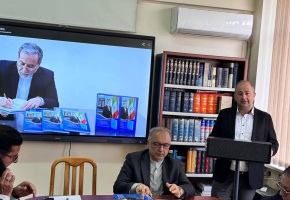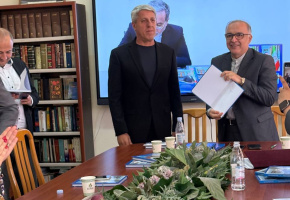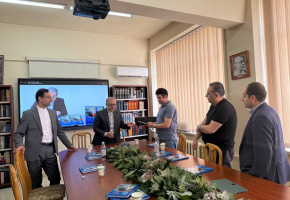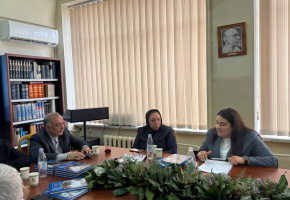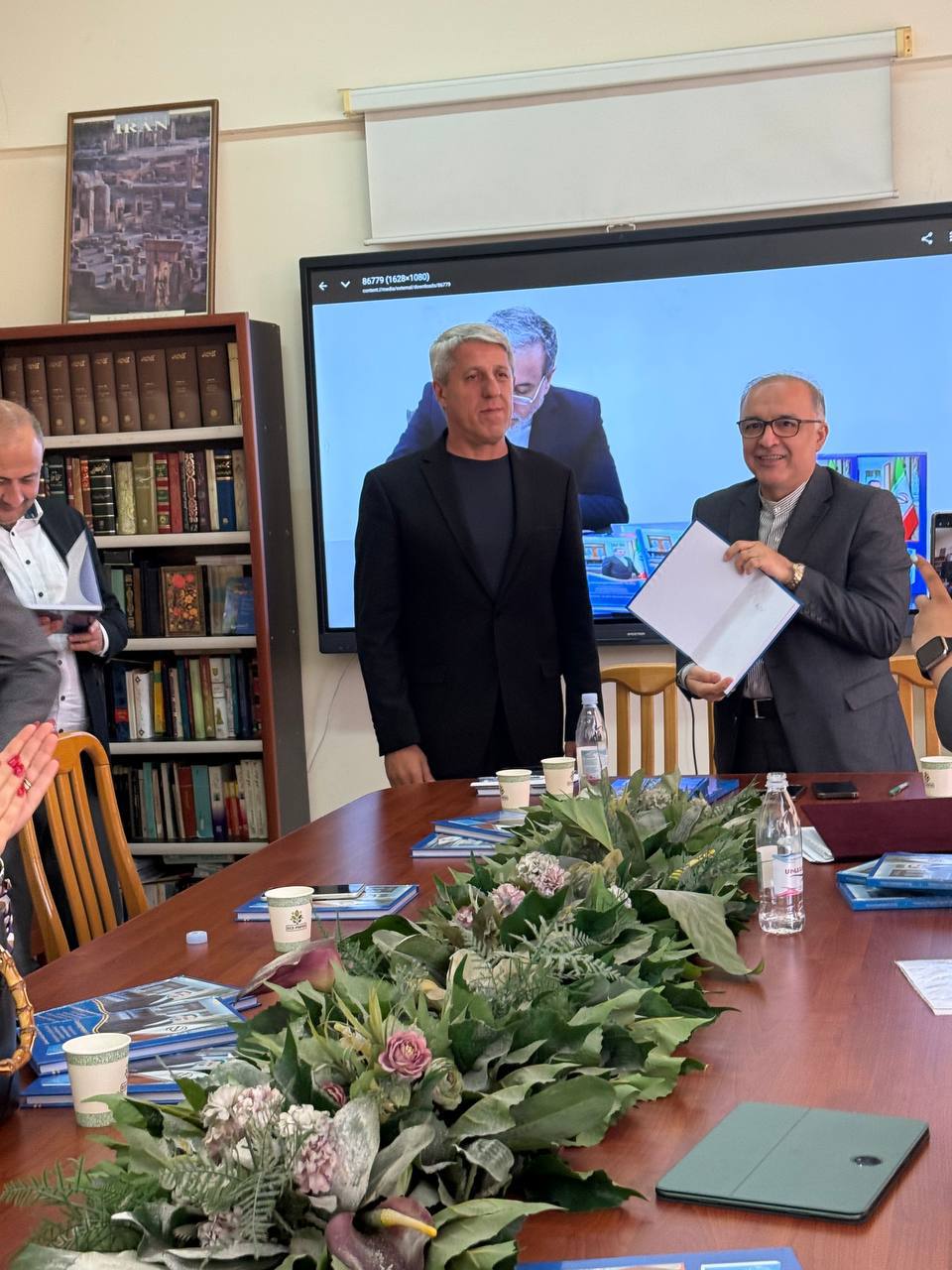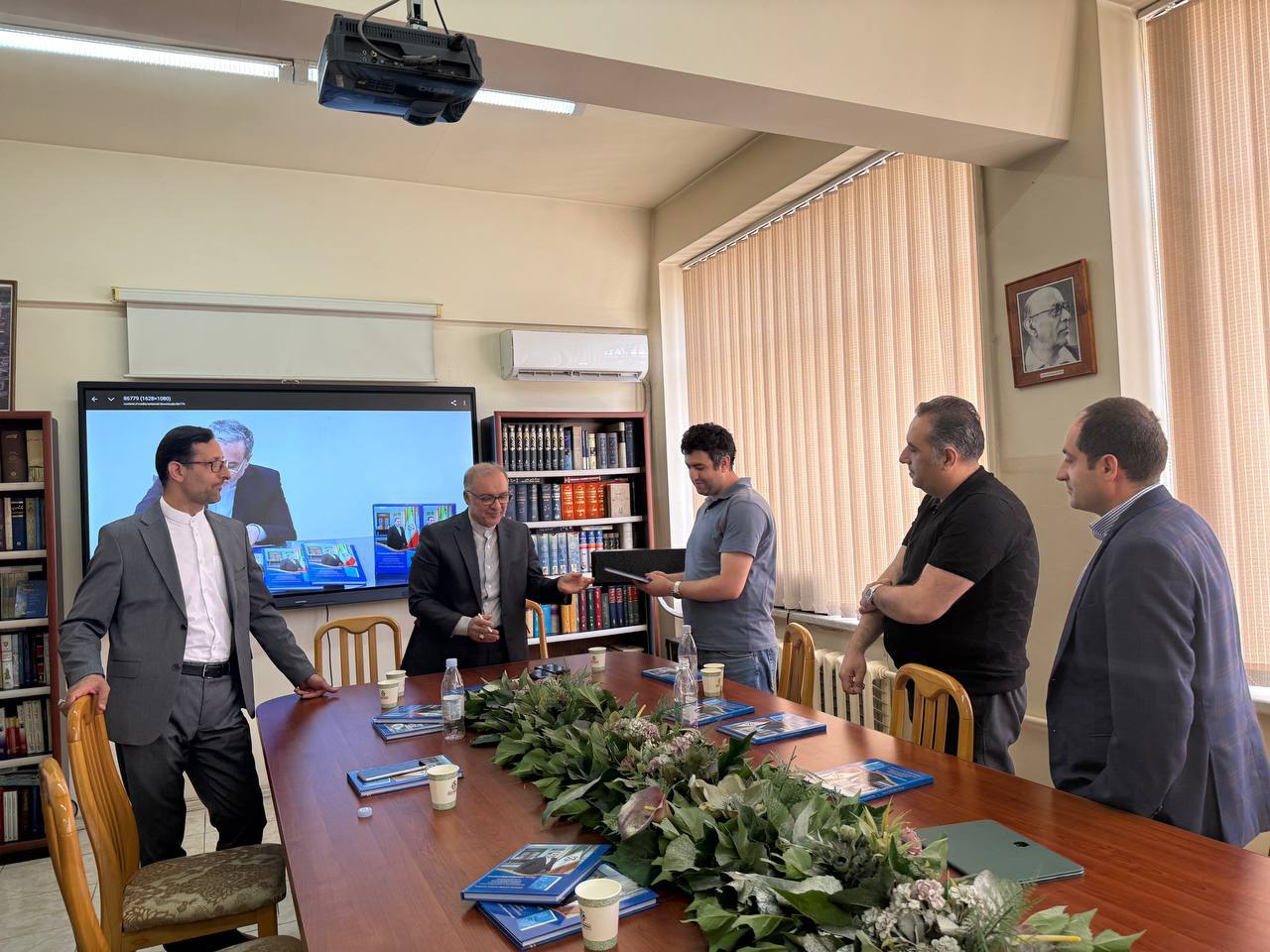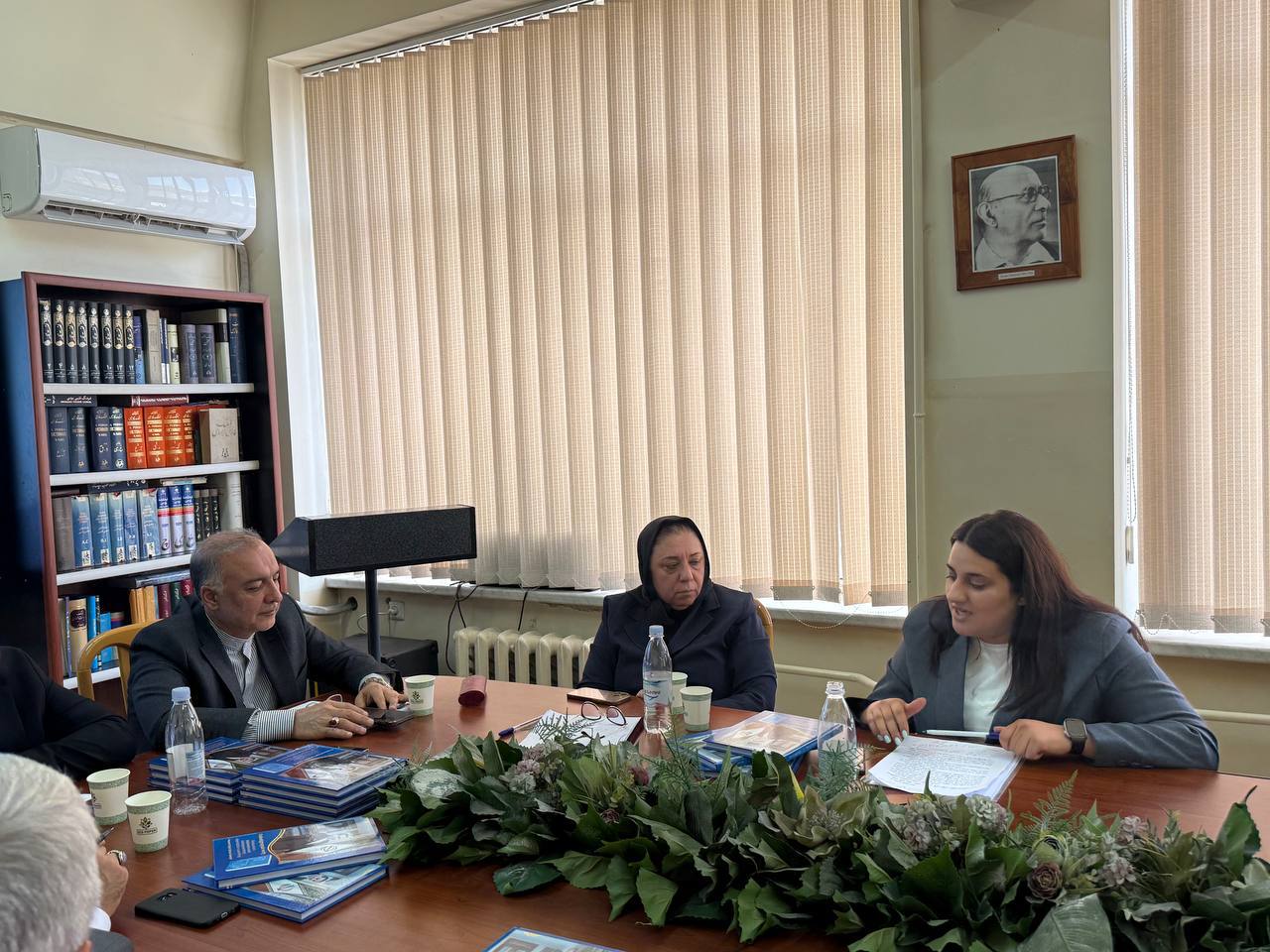June 04, 2025 | 16:10
Science
Education
Events
The theory and art of diplomacy: Discussion of Abbas Araghchi’s "The Power of Negotiation" at YSU
The Chair of Iranian Studies at YSU Faculty of Oriental Studies organized a discussion of the book "The Power of Negotiation" by Iranian Foreign Minister Abbas Araghchi. The event was not only an academic initiative but also a cultural undertaking aimed at deepening Armenian-Iranian relations. Recently translated into Armenian, this book offers insights into the intricacies of contemporary diplomacy through the lens of Islamic, Eastern, and global intellectual traditions.
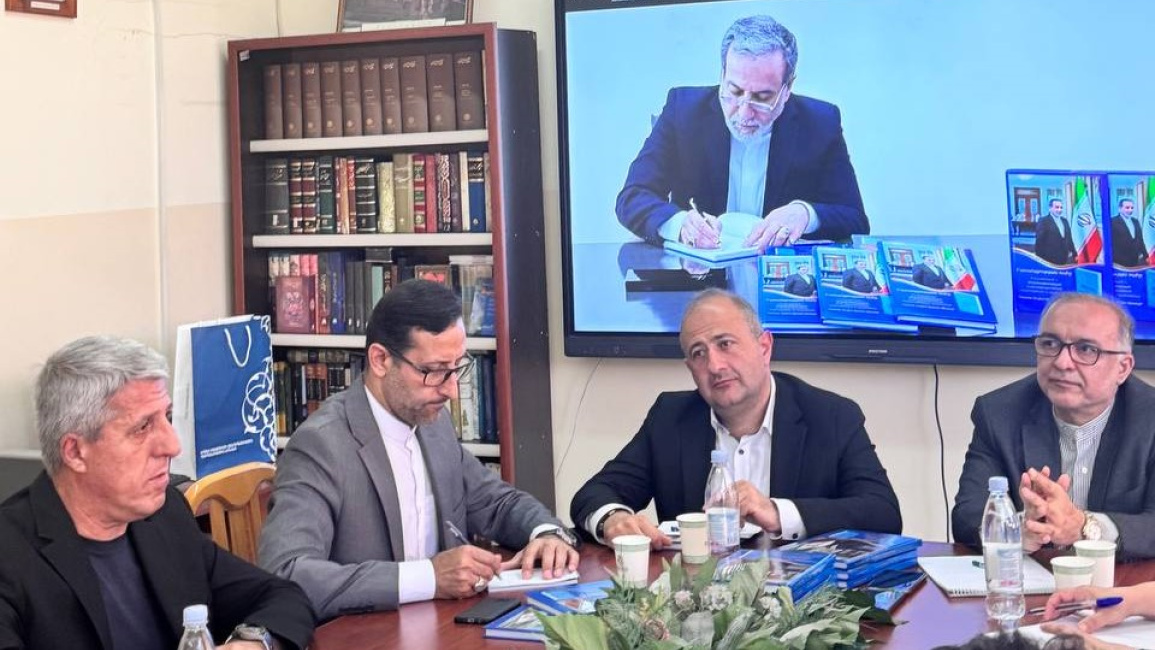
According to Ruben Melkonyan, Dean of the Faculty of Oriental Studies, the book is highly relevant to the faculty’s academic focus. It addresses not only the foreign policy of Iran but also highlights the unique characteristics of Eastern diplomacy, including its mechanisms, cultural layers, and depth of thought.
"The book is written in a clear and accessible language, yet it is deeply scholarly," noted Ruben Melkonyan. "It presents what qualities a diplomat should possess—from attire to intellectual competence. A particular emphasis is placed on the necessity for diplomats to be well-versed in their country’s culture and literature."
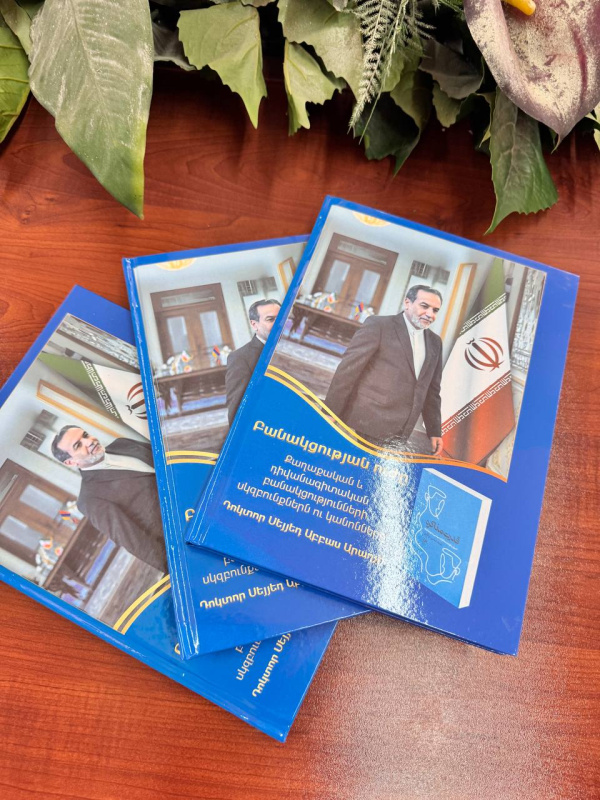
He also underlined the book’s compelling comparison of Eastern and Western diplomatic approaches. He plans to write an extended review on this theme, analyzing the cultural and political contrasts and the potential for harmonious coexistence. In his view, "The Power of Negotiation" is not only essential reading for practitioners of diplomacy but also a work that deserves inclusion in the curriculum of higher education institutions as required literature. The book addresses contemporary diplomatic challenges with Eastern thoughtfulness and patience.
Head of the Chair of Iranian Studies, Vardan Voskanyan, highlighted that "The Power of Negotiation" encompasses both theoretical and practical knowledge. "It is based on the decades-long experience of a foreign minister and presents not only the mechanics of negotiation but also the profound political traditions that trace back thousands of years."
Vardan Voskanyan also emphasized the numerous references within the book to classical Iranian authors and sacred texts, especially the Quran. These citations reflect the influence of Islamic and national value systems on diplomatic thinking.
"We see ourselves as a unique bridge between classical Western and Oriental traditions on the one hand, and contemporary Iranian studies and regional expertise on the other. This book is a vivid embodiment of that dialogue," Vardan Voskanyan concluded.
